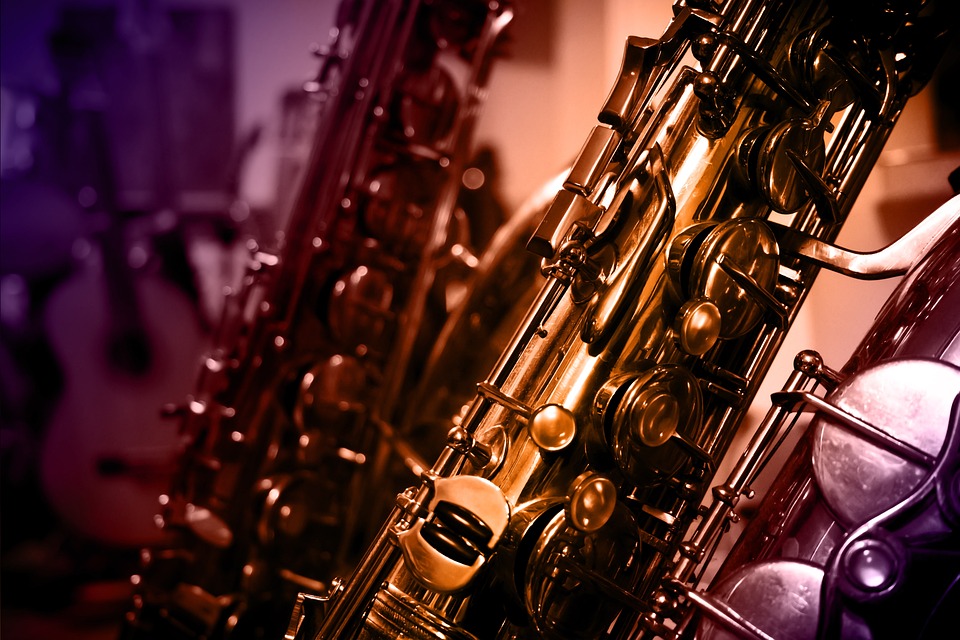From Classical to Contemporary: Tracing the Evolution of Musical Genres
The Origins of Classical Music
Classical music traces its roots back to the medieval and Renaissance periods, with composers like Bach, Mozart, and Beethoven creating timeless masterpieces that continue to be celebrated to this day. These composers laid the foundation for what we now consider to be classical music, defined by its intricate melodies, harmonies, and use of instruments like the piano, violin, and cello.
The Rise of Romanticism
As the 19th century rolled around, a new era of music emerged – the Romantic period. Composers like Chopin, Schumann, and Brahms began incorporating more emotion and expression into their compositions, moving away from the strict structures of classical music. The Romantic period gave birth to some of the most beautiful and stirring pieces in the classical music repertoire, showcasing the power of human emotion and creativity.
The Advent of Jazz and Blues
In the early 20th century, another genre began to take shape – jazz. Originating in African American communities in the southern United States, jazz music combined elements of blues, ragtime, and European classical music to create a new and exciting sound. Artists like Louis Armstrong, Duke Ellington, and Ella Fitzgerald became household names, shaping the evolution of jazz music and paving the way for future generations of musicians.
The Birth of Rock and Roll
The 1950s brought with it a new style of music that would revolutionize the industry – rock and roll. Influenced by rhythm and blues, country, and gospel music, rock and roll pioneers like Elvis Presley, Chuck Berry, and Little Richard brought a new energy and attitude to the music scene. The sound of electric guitars, pounding drums, and catchy melodies captivated audiences worldwide, leading to the rise of rock and roll as a dominant force in popular music.
The Evolution of Pop and Hip-Hop
As the 20th century progressed, new genres continued to emerge and evolve. Pop music became a dominant force, with artists like Michael Jackson, Madonna, and Britney Spears dominating the charts and shaping popular culture. Hip-hop also rose to prominence, with artists like Tupac Shakur, The Notorious B.I.G., and Eminem using their lyrics to tell powerful stories and address social issues. These genres continue to be influential in the music industry today, with new artists constantly pushing the boundaries of what is considered mainstream.
The Influence of Electronic Dance Music
In the 21st century, electronic dance music (EDM) has become a dominant force in the music industry, with DJs and producers like Calvin Harris, Avicii, and Marshmello dominating the charts and headlining music festivals around the world. EDM combines elements of techno, house, and trance music to create a high-energy sound that is perfect for dancing and partying. The genre continues to evolve and push boundaries, with new subgenres like dubstep, trap, and future bass emerging to keep audiences on their toes.
The Future of Music
As we look to the future, it is clear that music will continue to evolve and change with the times. New genres will emerge, blending elements of the past with innovative techniques and technologies to create fresh and exciting sounds. The rise of streaming services like Spotify and Apple Music has made it easier than ever for artists to share their music with the world, allowing for greater diversity and creativity in the industry.
In conclusion, the evolution of musical genres from classical to contemporary has been a fascinating journey, with each era contributing something unique and impactful to the overall landscape of music. From the intricate melodies of classical composers to the high-energy beats of EDM producers, music has the power to unite people from all walks of life and bring joy and inspiration to millions around the world. As we continue to push boundaries and explore new horizons, the future of music looks brighter than ever.

Leave a Reply